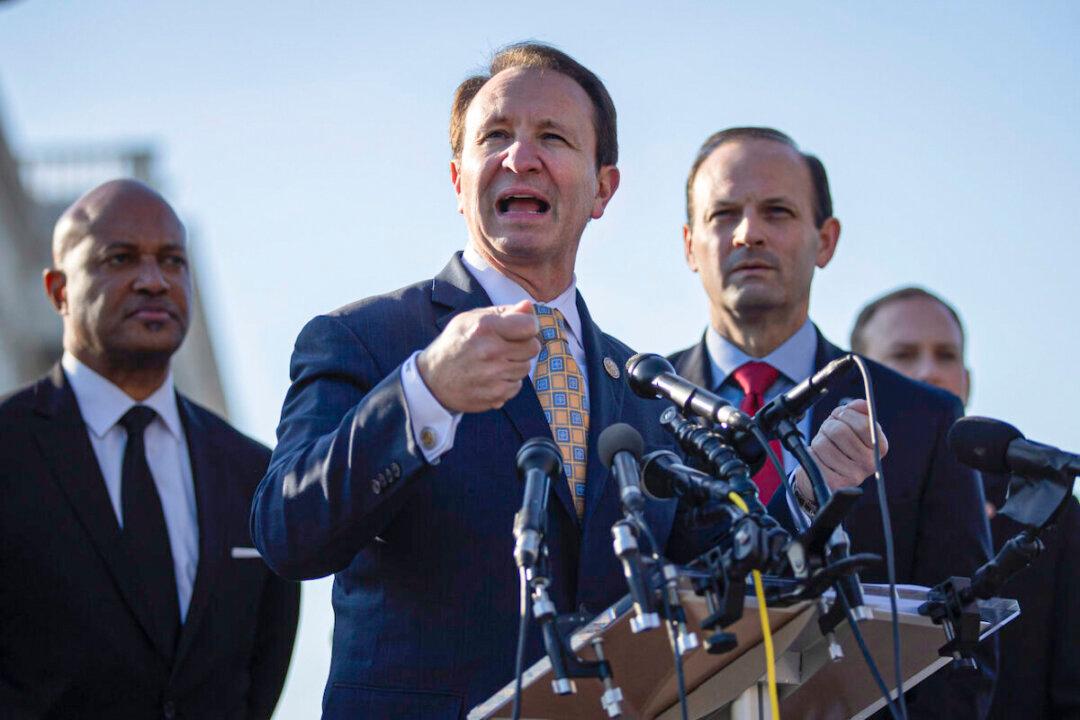The Louisiana Legislature convened on Feb. 19 for a special legislative session, which could result in significant changes to the state’s public safety sector and criminal justice system.
Among the more than two dozen bills introduced before the session were Republican measures that would expand methods for carrying out death row executions, restrict parole eligibility, impose harsher penalties for carjackings, grant law enforcement “immunity from liability” under certain criteria, and make certain juvenile court records public.





